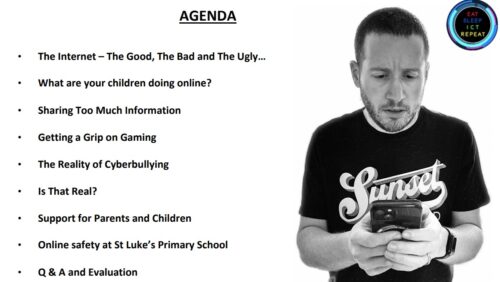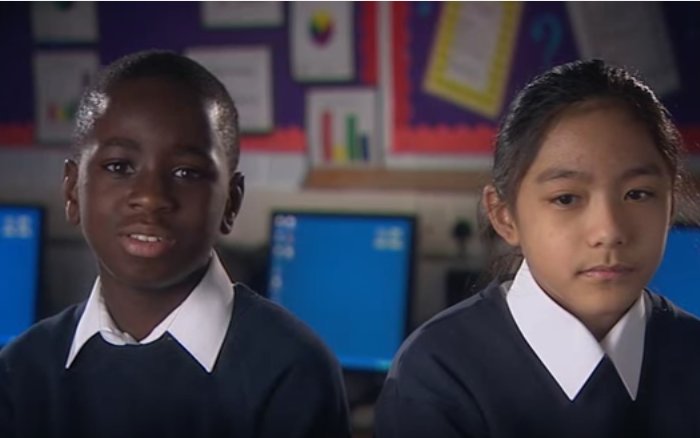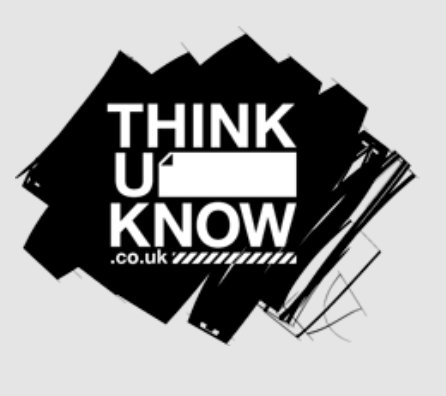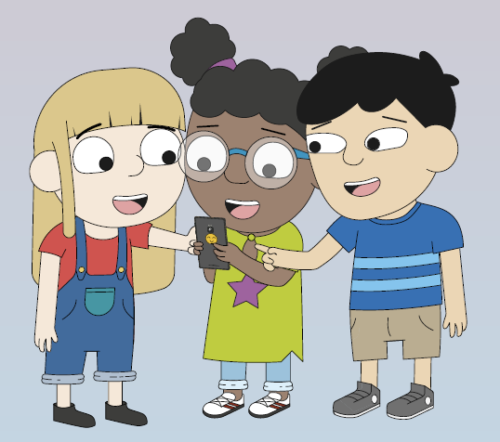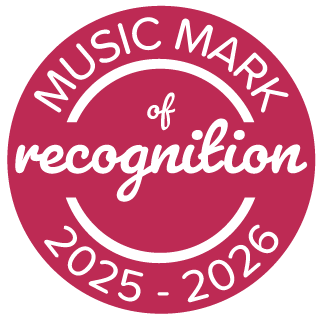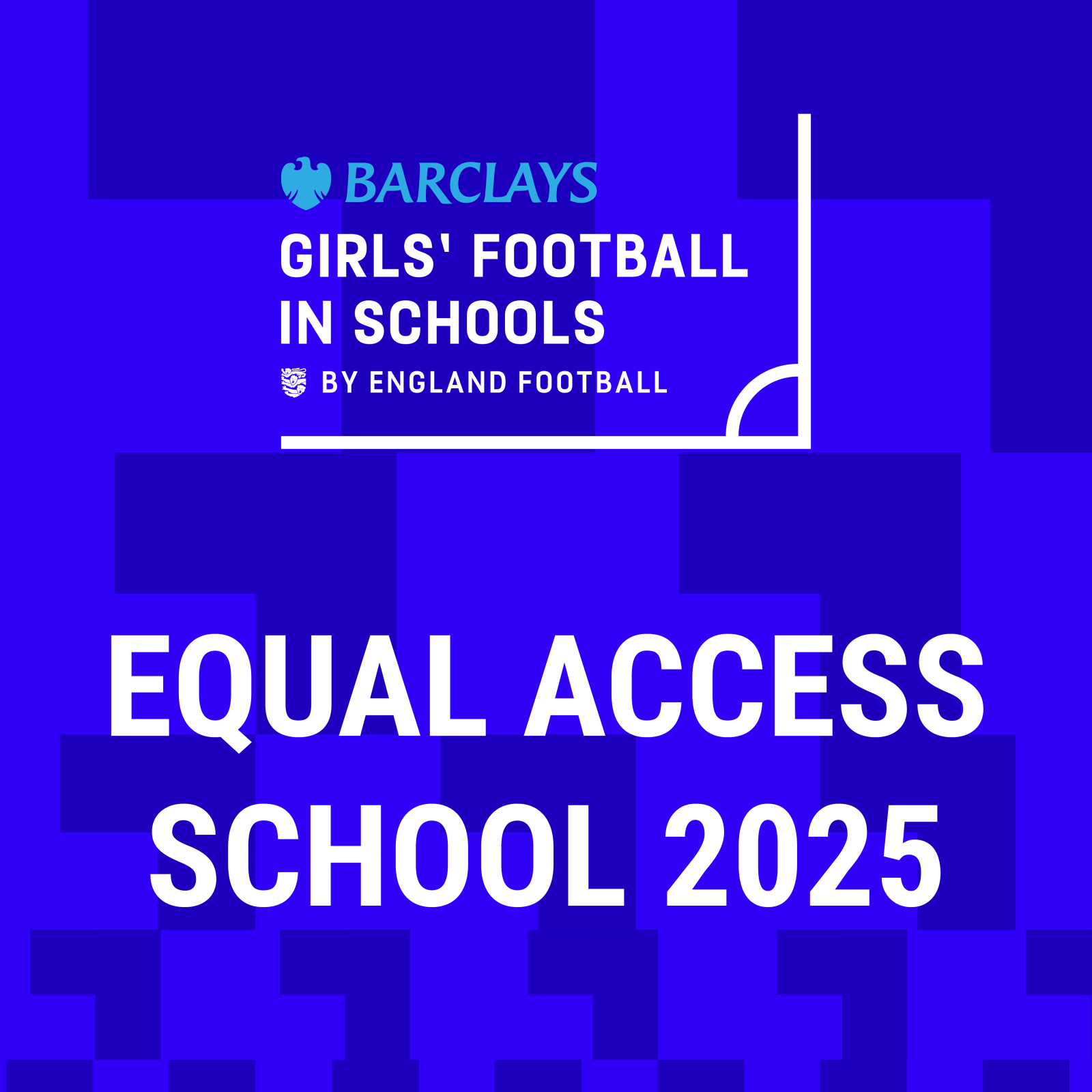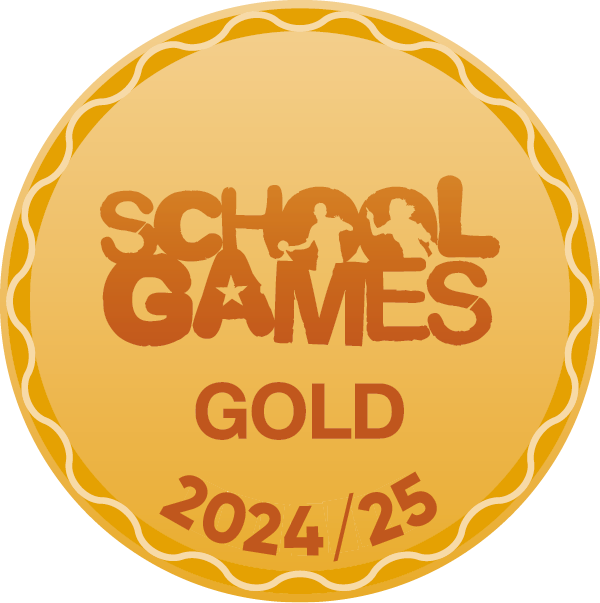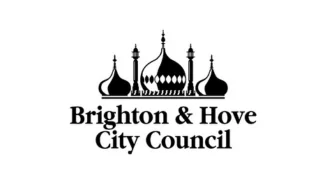Online Safety
Online safety at St. Luke’s
Please click on the picture below to access the slides and recording from our latest 2024 virtual parent workshop for Keeping Children Safe Online.
Here are some some useful links to Nationalonlinesafety guides referred to in this and previous workshops:
How to set up parental controls on an android phone
How to set up parental controls on an iPhone
Please look through the links further down this page as a family, as these contain further information to help families keep safe online, especially during these challenging pandemic times.
Whilst in school we deliver clear online-safety sessions in every year group.
In KS1 we use animated stories to tackle the key issues:
- We use Jessie&Friends, Digiduck, Smartie the Penguin and Hector’s World stories (see links below) to learn that though they can go to exciting places online, they need to follow certain rules to remain safe: keeping personal information private; choosing websites that are good for them to visit, and avoid sites that are not appropriate for them; learn that children sometimes can act like bullies when they are online; what cyberbullying means and what they can do when they encounter it.
In KS2 we base our learning on the Be Internet Legends scheme:
- Internet Sharp + Internet aware -In Y3 they focus on how they can protect their online reputation and working out whether information online is true and reliable. They begin to use passwords, learn the benefits of using them, and start to consider safe use of email.
- Internet Secure + Internet Kind- In Y4 the children learn how to make strong passwords to secure their information online. They develop their caring thinking to find ways in which they can be ‘kind’ to others online. They use x-ray goggles to begin to be more critical thinkers and question the veracity of websites.
- Internet Sharp + Internet Alert- In Y5 the children explore what having a positive digital footprint means and ways in which they can start to build a positive one. They also look at how to be a critical consumer while online and about different online scams, including what ‘phishing’ means. They also create their own ‘Stay safe’ resources in HTML.
- Be Internet Secure + Internet Kind-In Y6 the focus is on cyberbullying and how to deal with it. They explore ways to develop safe habits online, including the importance of protecting personal information. They learn more about how to respect online privacy boundaries for themselves and others ways to seek or ask for help if they or others feel unsafe online. They look at how to develop respectful, empathetic and healthy online relationships and ways to manage and respond in a healthy and safe way to hurtful online behaviour.
A central tenant of our approach is our school’s AUP (Acceptable Use Policy) which the children discuss and then agree in class. It provides guidelines for the safe use of the internet and a focus for considered discussion. There are three different versions depending on year group, which are to be reviewed and signed annually. A copy of each is included for your information below. If considering your family’s own personal ‘Acceptable Use of Internet’, it may be appropriate for you to discuss issues beyond your child’s year group AUP and there follow some additional points below to consider.
- In school the children have access to laptops, desktops and tablets. In the home you should include other devices in your discussions that may allow internet access, particularly phones and gaming machines.
- You have to be 13 to open a social media account but it is estimated that about a third of 9-12 year olds have an account. Research by the NSPCC claims that only 3% of nine year olds whose parents say they are not allowed on social media still have an account, so having the conversation would seem to be a very powerful influence on their decision. If for whatever reason your child has such an account ensuring that the privacy settings are good enough is of paramount importance. These can change and a quick search will give you up to date information.
- Pictures or videos once posted can be difficult or even impossible to remove from the internet and agreeing a system whereby you agree any postings before they are done would be a very good idea.
Our recommended first port of call for further advice is Parent Info which is a collaboration between CEOP (the National crime agency’s: Child Exploitation and Online Protection Command) and Parent Zone. This website offers extensive and regularly updated advice on a wide range of internet safety issues and more.
There then follow links for other good resources.
Should you want to discuss any of the issues raised or require further information please send an e-mail to this address: esafety@stlukes.brighton-hove.sch.uk.

This is our top choice, one-stop recommendation. As well as the live feed above you can go here and explore for yourself.

Aimed at parents/carers, there are a lot of useful resources and good advice here.
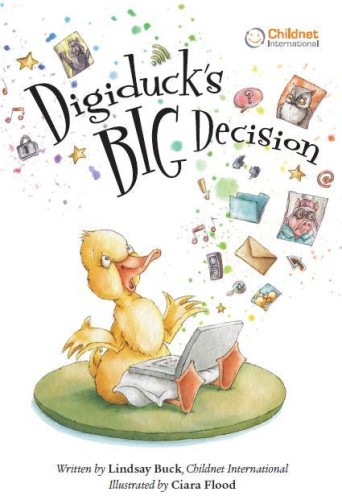
We use Childnet’s excellent resources ‘DigiDuck’ in Reception and ‘Smartie the Penguin’ in Year 1 to begin to think about the effect of cyber-bullying. There are apps available for ipads and android if you follow the link.
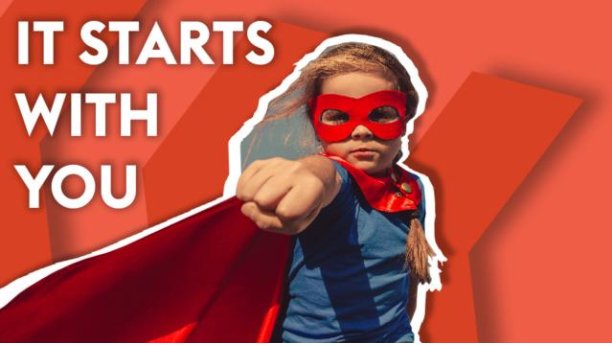
This is a great new BBC site with lots of child friendly (mainly upper KS2 and above) video and information.
Jigsaw is a short film from CEOP that enables children to understand that they need to be just as protective of their personal information online, as they are in the real world. Aimed at children aged 8-10.
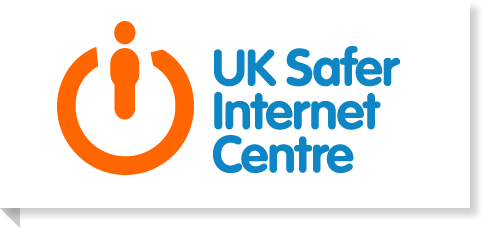
The home of Safer Internet Day.
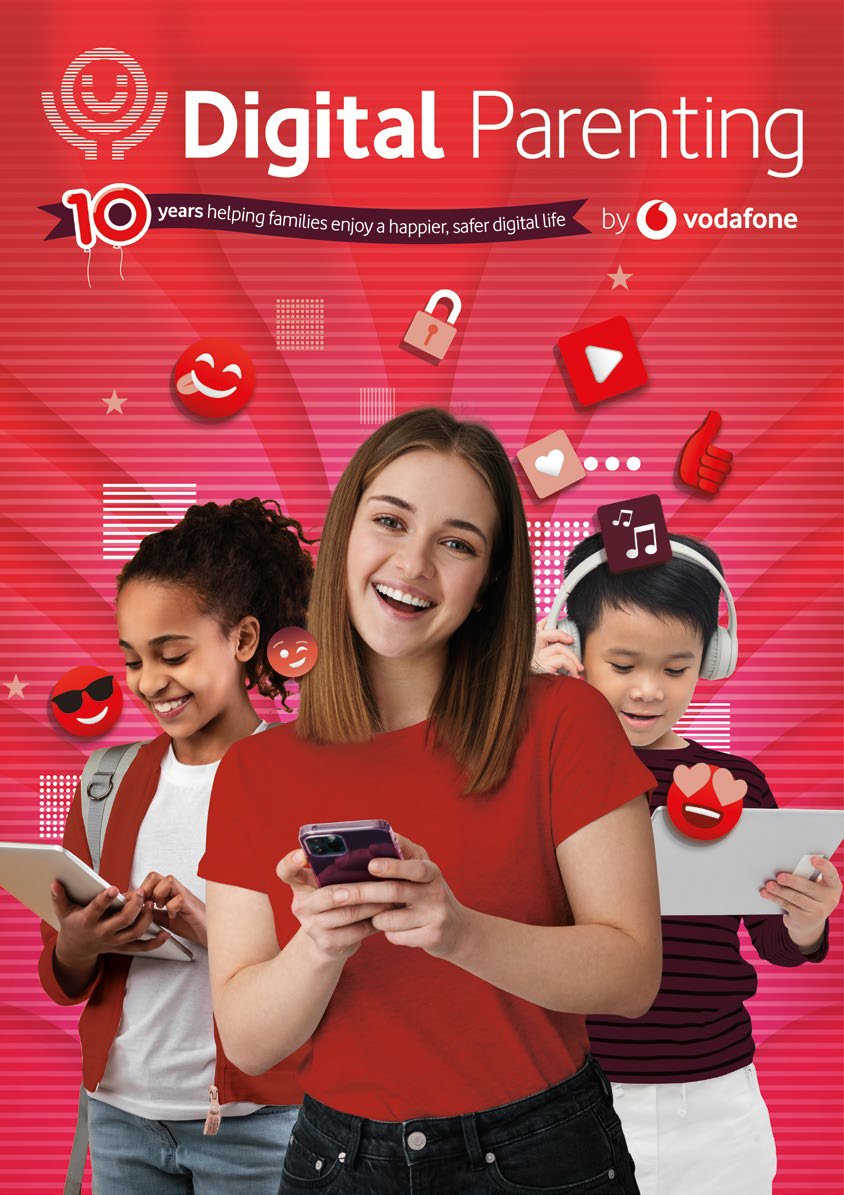
This is a highly recommended magazine that is available in digital form and hard copy, one of a number of helpful resources at Vodafone's Digital Parenting.

Does what it says on the tin.
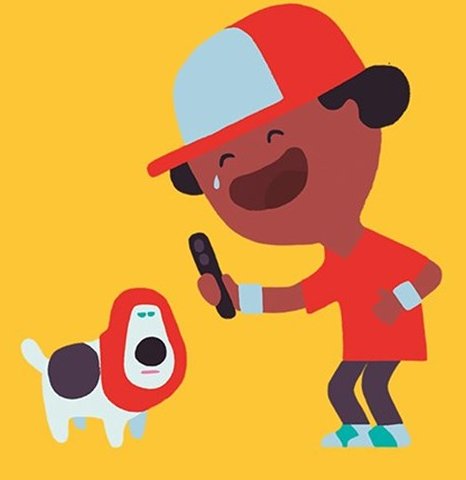
The NSPCC site Share Aware has some hard-hitting but age appropriate video aimed at upper junior school children. Unsurprisingly, the theme is taking care what you share.
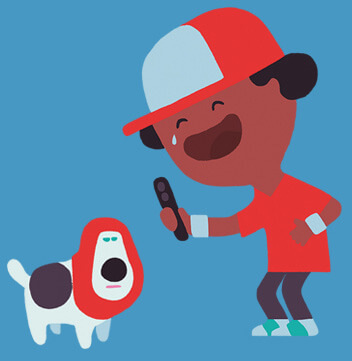
The NSPCC site Net Aware has some excellent advice and information about social media and gaming including the very popular Fortnite.
REPORT AN INAPPROPRIATE IMAGE ONLINE
It can be scary finding out an image of yourself has been shared online, but we can help you to report it and get it removed.

If it’s on the internet, it must be true!
Mechanical Marvels of the Nineteenth Century
All About Explorers
The Pacific Northwest Tree Octopus
The Famous Flying Penguins (BBC)
Dihydrogen Monoxide

